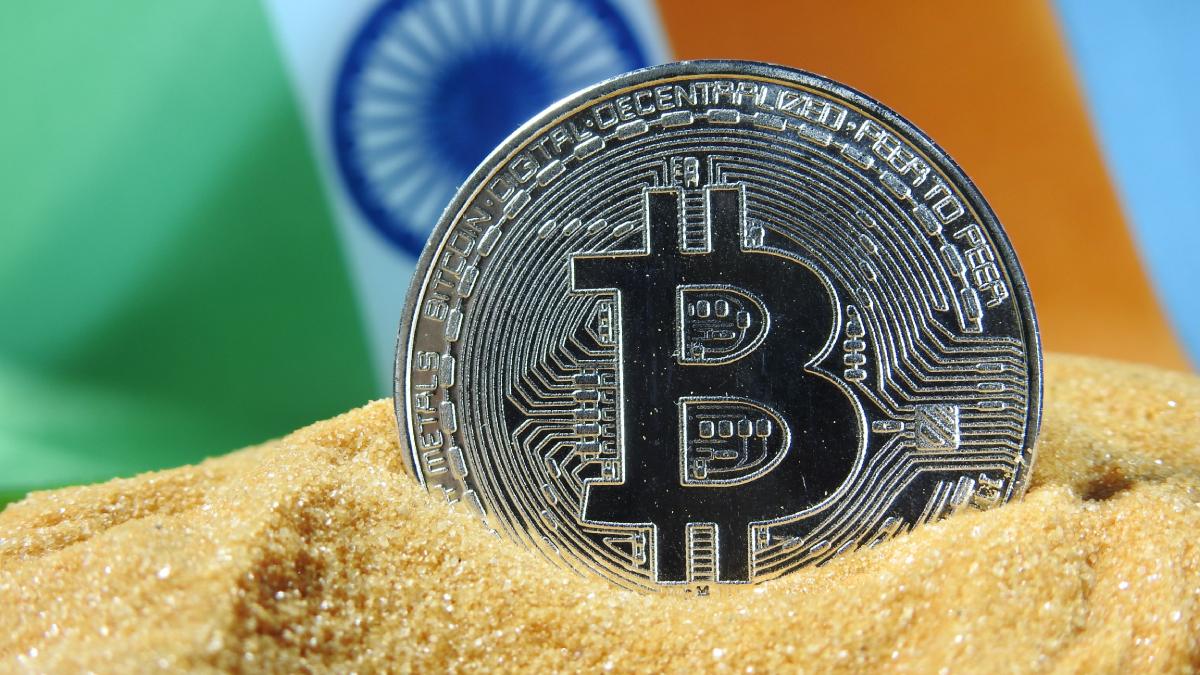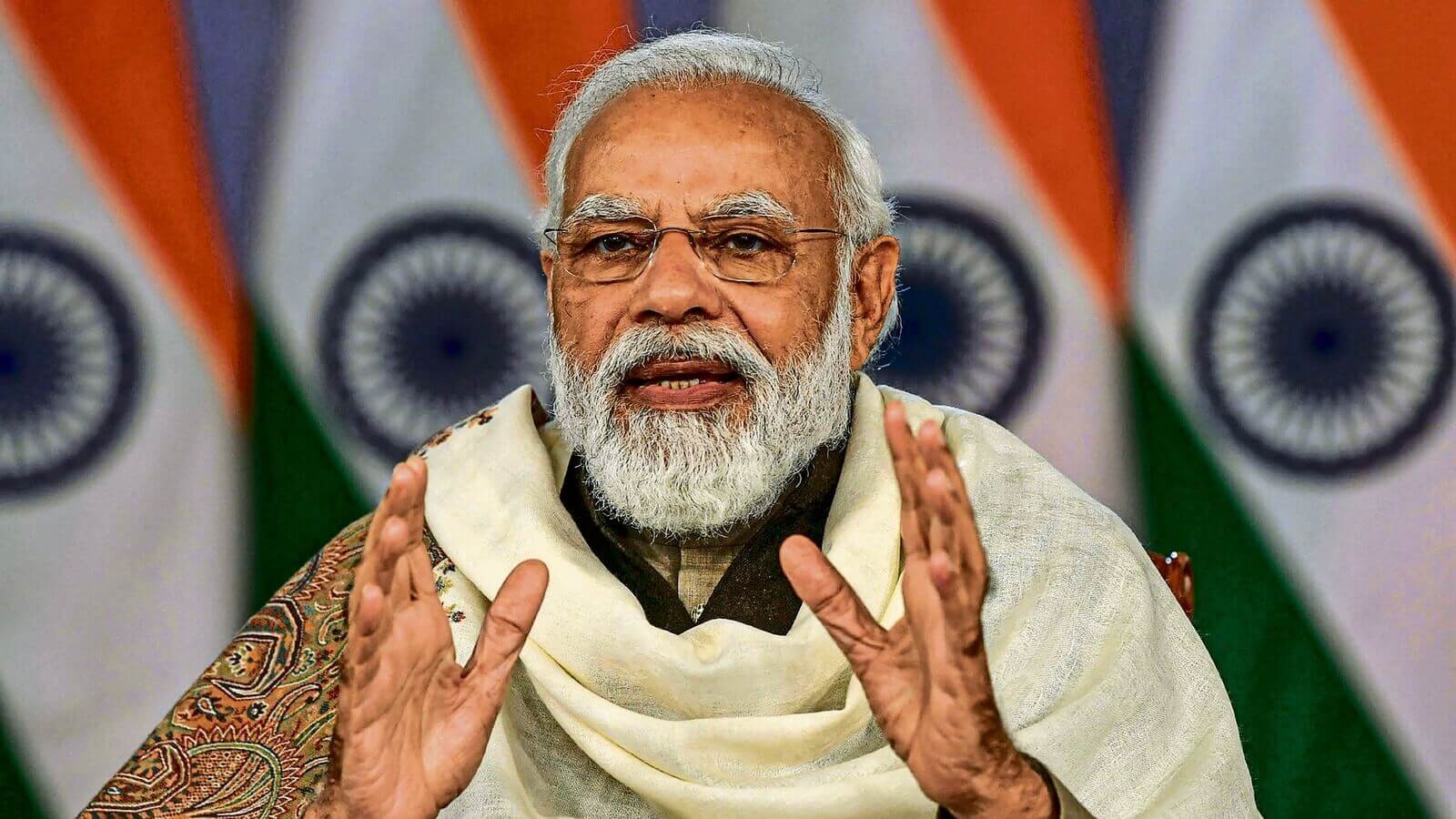Indian Prime Minister Narendra Modi virtually participated in the World Economic Forum’s virtual Davos Agenda meeting. During the conference, he spoke of the need for collective effort to deal with the challenges posed by cryptocurrencies.
Modi said that regulatory actions taken by a single country would be “insufficient” to deal with cryptocurrency due to the nature of the technology it uses. Consequently, he called for a “similar mindset” that would further a “collective and synchronised action” by the international community and multilateral institutions.
To achieve this, he highlighted the importance of reforming these global institutions, which have become outdated and are unable to deal with the dynamic challenges of the 21st century. He said, “Therefore, it is [the] responsibility of every democratic country to give emphasis on reforms in these institutions so that they can be made effective to deal with the challenges of today and tomorrow.”
Further, he advertised India as an ideal investment destination and expressed the country’s willingness to work with its allies and develop itself as a trusted partner in global supply chains. Modi also highlighted the various steps taken by the Indian government to incentivise investments, such as the slashing down of corporate tax rates.
India is currently on its way to introducing regulations related to virtual currency. Experts predicted that a law on the issue, the Cryptocurrency and Regulation of Official Digital Currency Bill, 2021, would be introduced during the winter session of the Parliament in December. However, while it was listed to be tabled, it was shelved and discussions on the Cryptocurrency Bill were postponed. The ongoing and evolving consultations on digital currencies on several global platforms was cited as the reason for the delay.

Previously, India’s apex bank, the Reserve Bank of India (RBI), raised “serious concerns” about the impact of such digital currencies on the country’s financial stability. In 2018, the RBI introduced a circular that restricted banks from crypto exchanges. However, the Indian Supreme Court reversed this ban in 2020.
While the government has recently warmed to the idea of regulating digital currencies rather than banning them altogether, the RBI has continued to advocate for a complete ban since 2013. In a presentation given to its central board in December 2021, the RBI argued that legitimisation of cryptocurrency will impact its foreign exchange management alone by hampering its ability to regulate virtual assets.
Nevertheless, it might be too late for India to consider a complete ban on cryptocurrencies. According to estimates cited by Reuters, India houses over 15 million digital currency investors, who have holdings worth over $5.39 billion (400 billion INR).
According to The Economic Times, the government is likely to introduce changes in its 2022-2023 budget to amend its income tax laws and include cryptocurrency holdings as “capital assets.” Further, the tax burden on digital currency investors is also predicted to rise by 35-42%.

